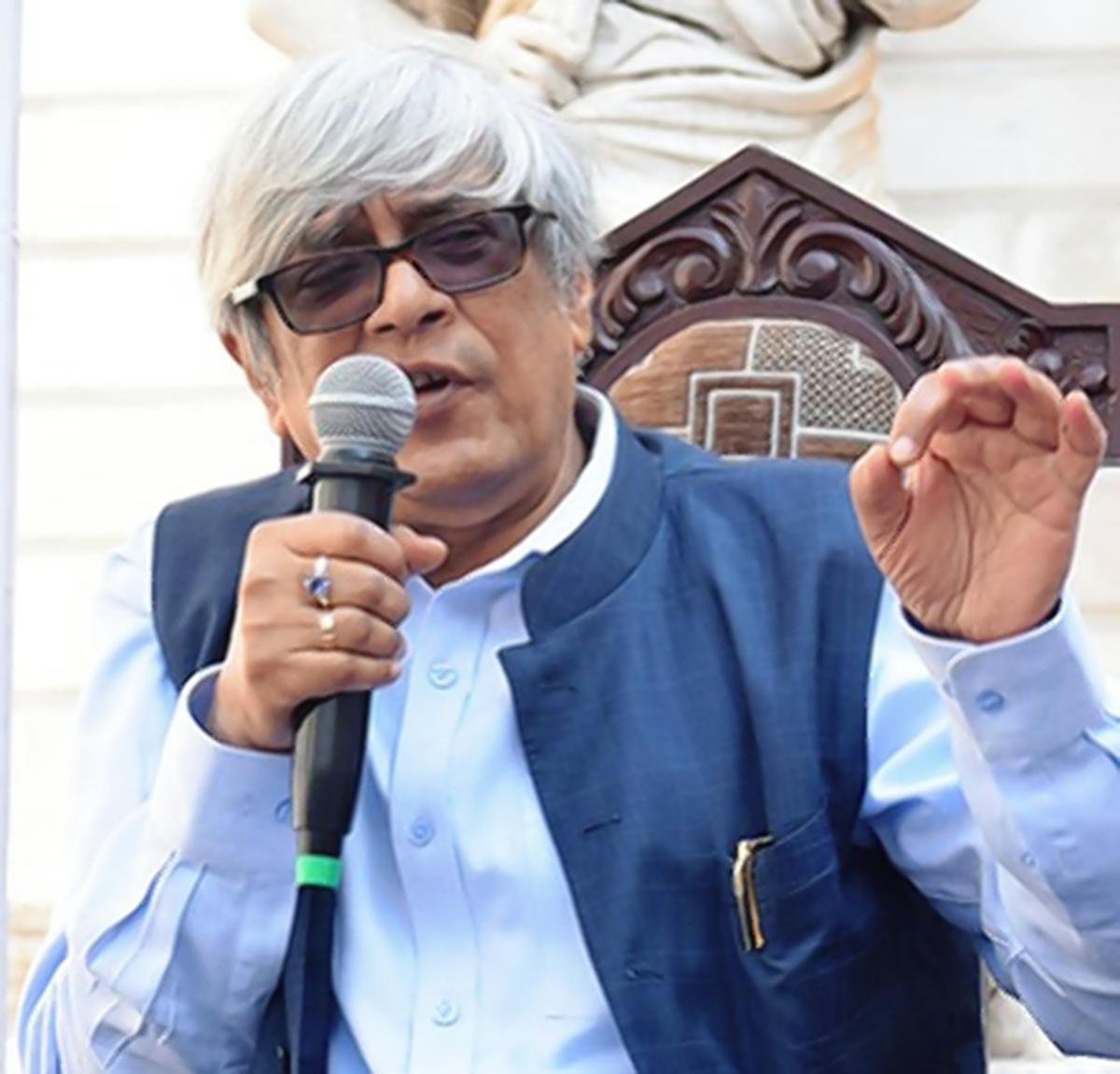The Goods and Services Tax (GST) regime should have ideally had a single tax rate and covered all goods and services for its expected benefits to fully accrue to the economy, PM’s Economic Advisory Council chief Bibek Debroy signalled on Monday.
Stressing that he was speaking in his personal capacity as a citizen and economist, rather than as an adviser to the government, Mr. Debroy said GST rates should be the same on all goods as ‘progressive’ rates work best with direct taxes, not indirect taxes. He also mooted doing away with the distinction between personal and corporate income tax rates and scrapping exemptions that lead to tax avoidance strategies.
Terming the GST ‘a phenomenal work in progress’ and ‘a remarkable instance’ of the Union and State governments working together, the PMEAC chairman said that when the tax was first announced, a ‘widely quoted’ National Council of Applied Economic Research (NCAER) estimate said it would lead to 1.5% to 2% increment to the GDP.
“What was not widely quoted was that estimate was based on the premise that all goods and services will be part of GST and there would be a single GST. I need not belabour the point of all goods and services not yet being part of GST. But as a polity, we need to take a call on whether we accept there should be a single GST rate or not,” Mr. Debroy said.
Allowing a mindset of ‘prime control’ whereby GST rates are pegged higher for items considered ‘elitist’ and lower for items of mass consumption, enables differentiation and subjective interpretation and litigation, he pointed out at the TIOL Tax Congress 2022 held here.
“My submission is that as a polity, we need to recognise that the GST rate should be the same regardless of the product. If progressivity is to be introduced, that is best done through direct taxes, not GST,” he averred, adding that tax rates need to go higher than the current average of 11.5% as opposed to the 17% revenue-neutral rate for GST officially estimated earlier.
Calling for a completely ‘exemption-less’ direct tax regime, Mr. Debroy said the non-mandatory exemption-less option currently offered to personal and corporate income tax payers is akin to ‘jumping a ditch’. “You cannot jump a little bit of the ditch and hope to jump the rest of the way. We must at some point agree we will move to a completely exemption-less system,” he said.
“If we move to a completely exemption-less system, it is right to ask why we have this artificial difference between corporate taxes and personal? A lot of unincorporated business pays taxes under the personal income tax,” he argued.
Such a regime, he noted, will also reduce the administrative costs of compliance, appeals and unnecessary litigation. “If you’re looking to think in terms of efficiency, this is what we should be looking towards — a completely simplified, harmonised, streamlined direct and indirect tax regime,” the PMEAC chief concluded.





